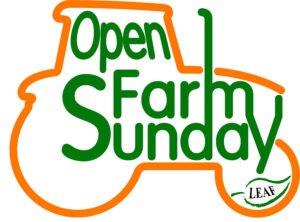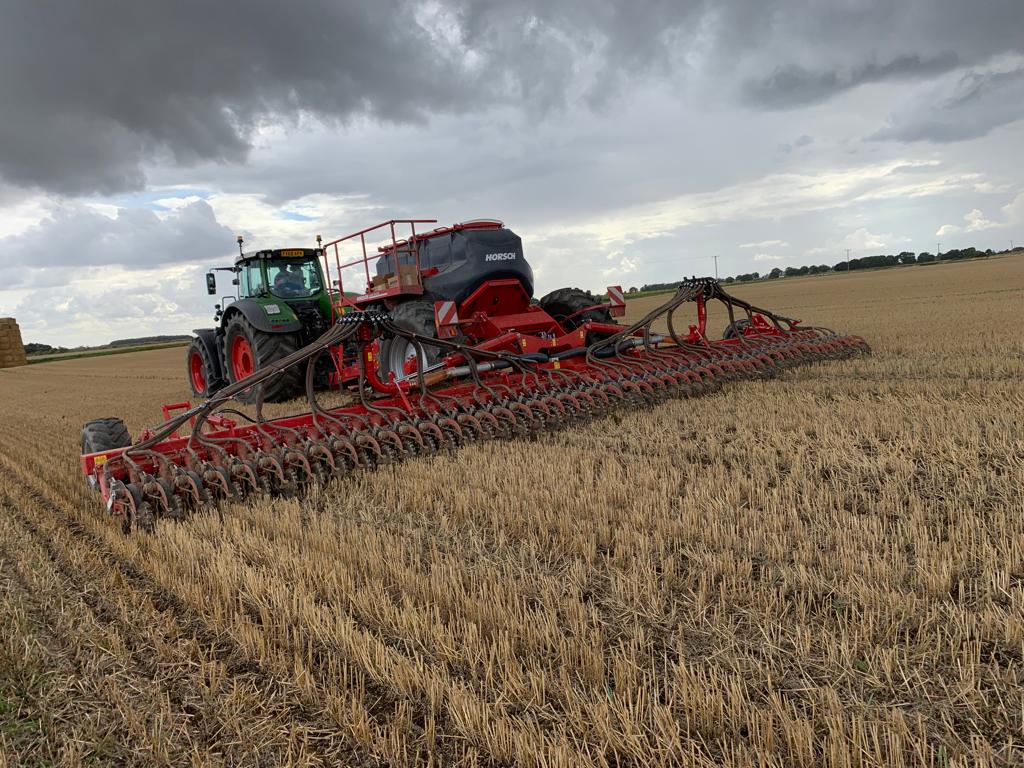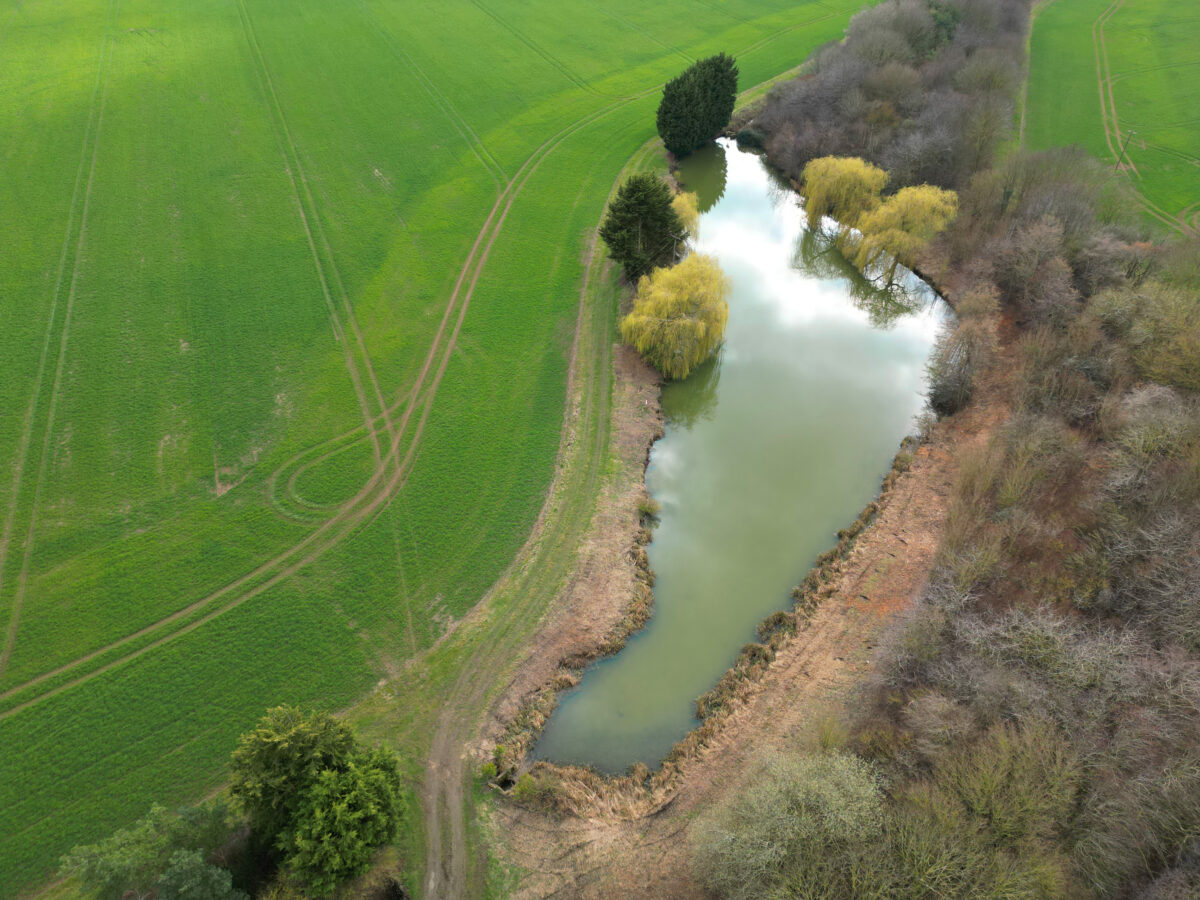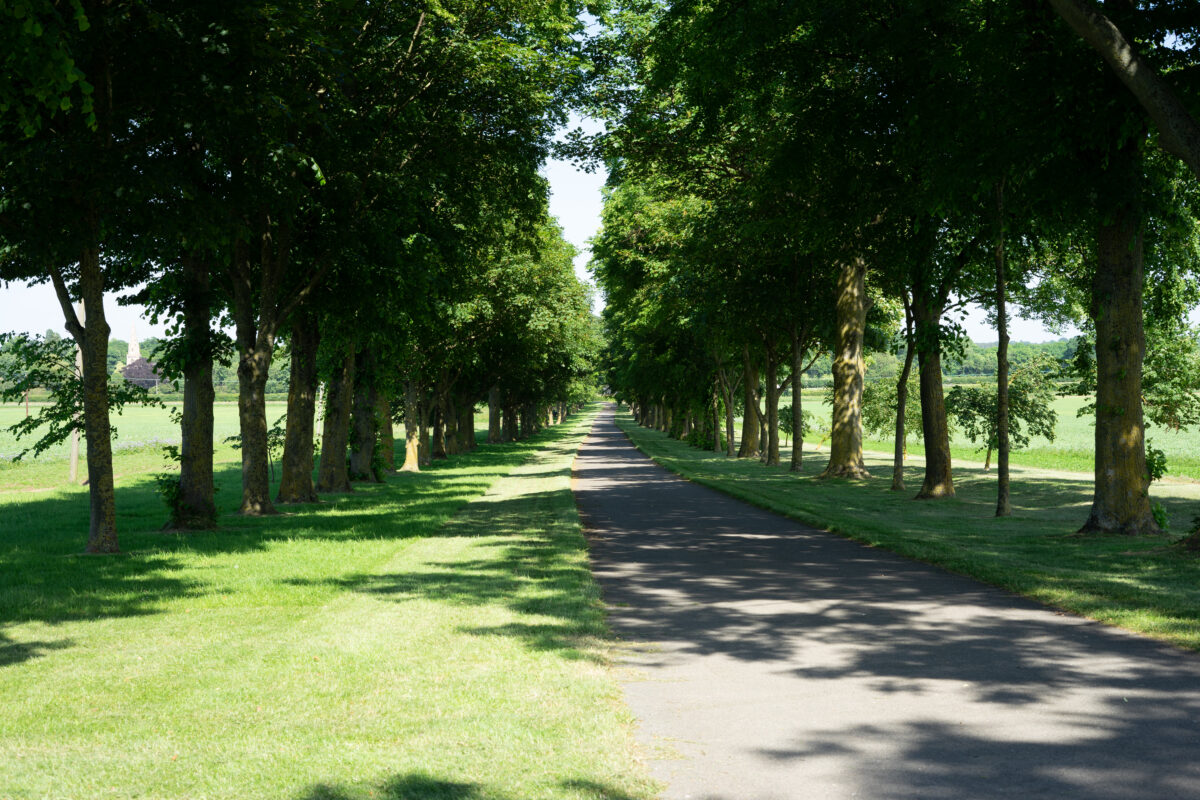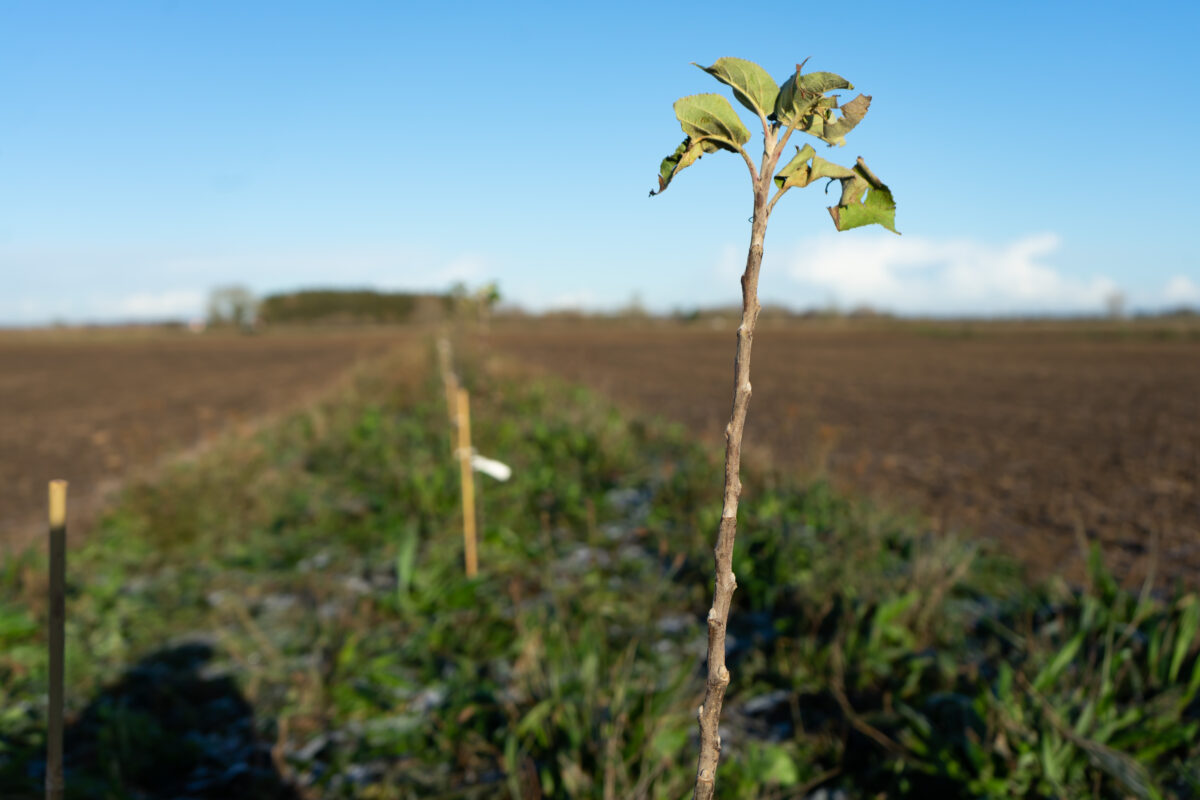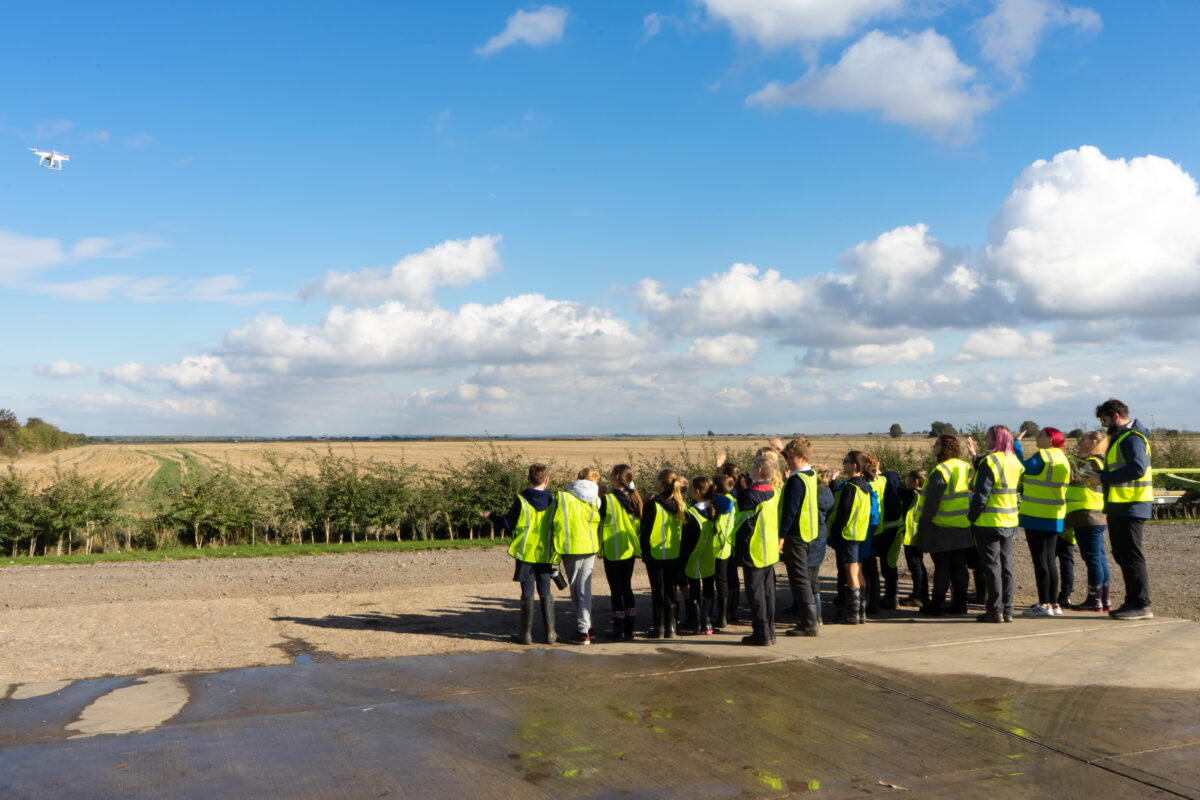Come and find us at
The Lincolnshire Show 2023
The Lincolnshire Show takes place this week. This year our stand is bigger and better.
Our new location in the Countryside Area will mean that you can stop by for a chat, relax with some light refreshments and sample our showstopping strawberries.
Children will be able to learn how we produce energy from crops and whizz around on our mini electric tractors, while adults can plan their next rural retreat at one of our secluded locations. The recruitment team will be available if you’d like to know more about our latest vacancies or discuss potential future opportunities.
Our experts will be on hand for a chat about all things Dyson Farming – from food, energy, environment and research to leisure and recruitment. We’re also hosting a series of scheduled talks to give you an insight into different areas of the business. Talks are taking place on both days, at the times below:
10.00
Environment with Ian Willoughby
11.30
Strawberries, LEDs and energy generation with Angel Angelov and Lucie Redwood
13.30
Technology with Ed Ford
15.00
Soils and regenerative agriculture with Dr Tom Storr
We’re delighted to be sponsoring the Schools Challenge again this year, designed to link food, farming, community, environment, and sustainability to the National Curriculum. Head to the EXO Centre to find out what ideas this year’s schools have developed.
 21–22 June 2023
21–22 June 2023
 8.00 am – 6.00 pm
8.00 am – 6.00 pm
📍CS-12, Countryside Area

The Estate Office,
Cyclone Way, Nocton,
Lincoln LN4 2GR
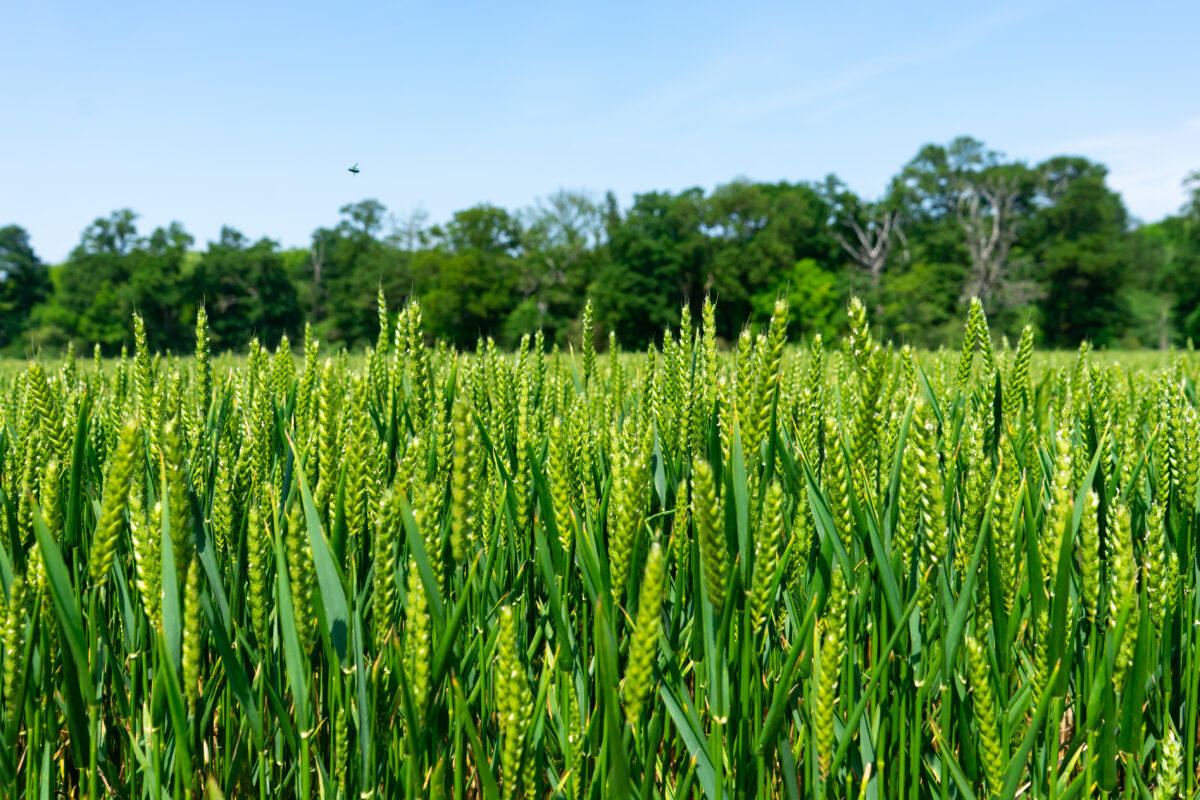
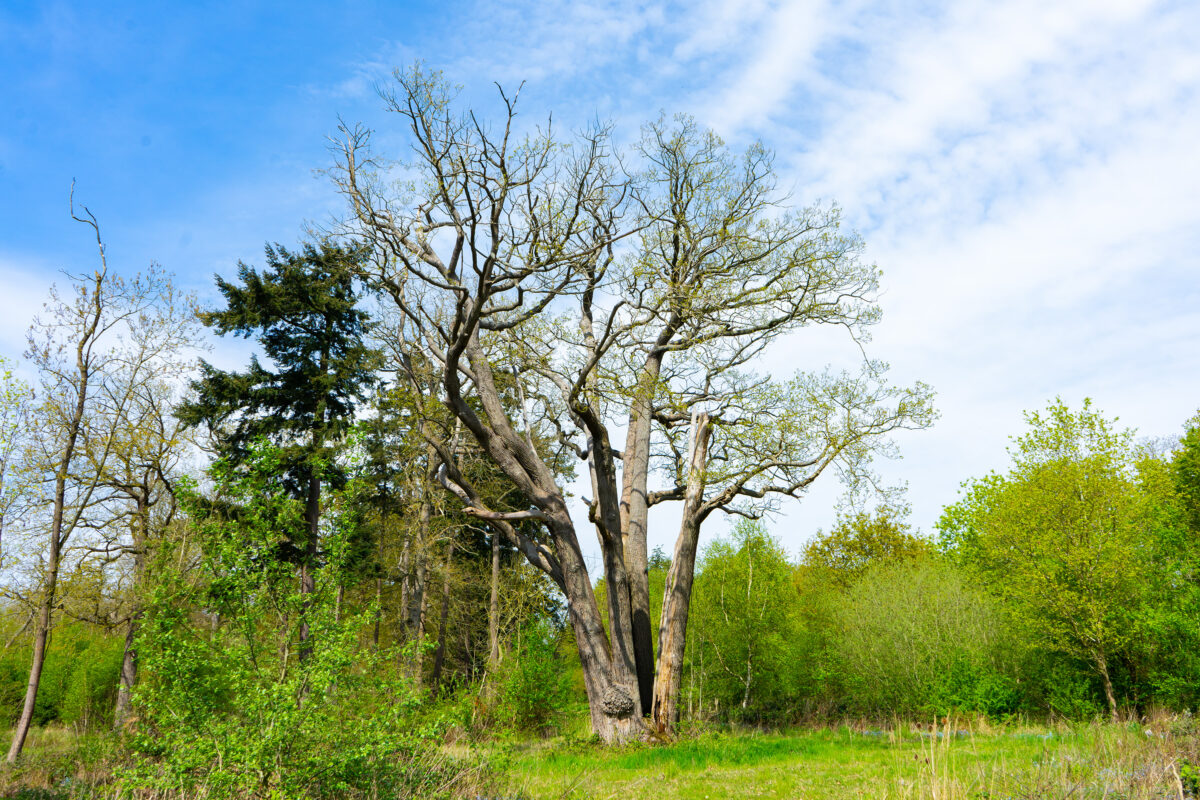
 Free
Free